Thesis Chapters by Nicolas J Féron
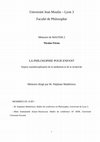
The intent of this paper is to answer several problems drawn by the research field and the practi... more The intent of this paper is to answer several problems drawn by the research field and the practice of Philosophy for Children.
First, through an comparison of Arendt's and Dewey's principles concerning Education, it deploys a sketch indicating how Philosophy matters in educational research as an interdisciplinary field.
When Philosophy is characterized as a set of tools for a certain type of discursive production, it becomes then a teachable practice both for adults and children - and not only a reservoir of philosophies to remember. Philosophy as a practice -for adults and for children- can be reflected through the same concepts and allows to put on the same scale different abilities of one act.
Finally, two conceptual tools mobilized to shape and understand the dynamics of Matthew Lipman's Philosophical Community of Inquiry are questioned : how the development of criticism and social unity can be achieved in philosophical discussions ?
As a solution, this paper advocates a rigid use of concepts in order to formulate problems that make us feel the need to diversify our interpretative models in Philosophy For Children ; to create new models and address those problems, as a method, it suggests a broader use of interdisciplinary research.
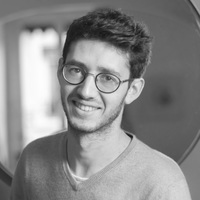
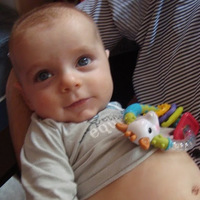


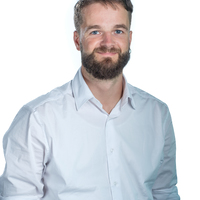
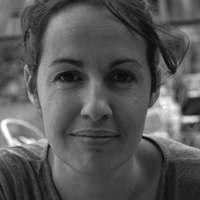

Uploads
Thesis Chapters by Nicolas J Féron
First, through an comparison of Arendt's and Dewey's principles concerning Education, it deploys a sketch indicating how Philosophy matters in educational research as an interdisciplinary field.
When Philosophy is characterized as a set of tools for a certain type of discursive production, it becomes then a teachable practice both for adults and children - and not only a reservoir of philosophies to remember. Philosophy as a practice -for adults and for children- can be reflected through the same concepts and allows to put on the same scale different abilities of one act.
Finally, two conceptual tools mobilized to shape and understand the dynamics of Matthew Lipman's Philosophical Community of Inquiry are questioned : how the development of criticism and social unity can be achieved in philosophical discussions ?
As a solution, this paper advocates a rigid use of concepts in order to formulate problems that make us feel the need to diversify our interpretative models in Philosophy For Children ; to create new models and address those problems, as a method, it suggests a broader use of interdisciplinary research.
First, through an comparison of Arendt's and Dewey's principles concerning Education, it deploys a sketch indicating how Philosophy matters in educational research as an interdisciplinary field.
When Philosophy is characterized as a set of tools for a certain type of discursive production, it becomes then a teachable practice both for adults and children - and not only a reservoir of philosophies to remember. Philosophy as a practice -for adults and for children- can be reflected through the same concepts and allows to put on the same scale different abilities of one act.
Finally, two conceptual tools mobilized to shape and understand the dynamics of Matthew Lipman's Philosophical Community of Inquiry are questioned : how the development of criticism and social unity can be achieved in philosophical discussions ?
As a solution, this paper advocates a rigid use of concepts in order to formulate problems that make us feel the need to diversify our interpretative models in Philosophy For Children ; to create new models and address those problems, as a method, it suggests a broader use of interdisciplinary research.